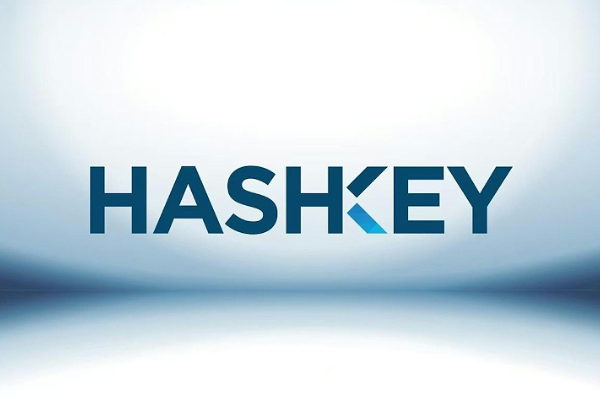MiCA bill is accelerating: the EU has authorized 14 institutions to issue stablecoins, and 39 CASPs have obtained licenses
According to the latest disclosure by Patrick Hansen, Circle's EU policy director on social platforms, with the formal entry into force of the Crypto-Asset Market Regulation (MiCA) and the specific implementation stage, the EU has made important progress in the issuance of stablecoins and the licensing of crypto asset service providers (CASP). In terms of regulatory implementation, MiCA applies to stablecoins (electronic currency tokens and single legal currency stablecoins) for 12 months and CASPs for 6 months, and regulators in European countries are accelerating implementation.
At present, 14 institutions from 7 EU countries have been authorized to issue stablecoins, covering 20 electronic currency tokens or stablecoin products. Among them, there are 12 stablecoins denominated in euros, 7 denominated in US dollars, and another 1 denominated in Czech koruna. French regulators have issued licenses to 3 institutions, and Germany, Lithuania and other countries have also granted licenses.
In terms of CASP licenses, 39 companies have obtained operating licenses under MiCA, distributed in 9 EU member states and European Economic Area countries. These companies cover a wide range of types, including traditional financial institutions (such as Spanish bank BBVA, German securities custodian Clearstream, French asset service provider CACEIS), fintech companies (such as N26, Trade Republic, eToro, Robinhood) and native crypto platforms (such as Coinbase, Kraken, Bitpanda, OKX and Bitstamp).
It is worth noting that as of now, no issuer of asset reference tokens (ART, a stablecoin anchored to a basket of assets) has been authorized, indicating that there is currently a lack of obvious demand for such products in the market.
In addition, about 30 crypto asset white papers have completed regulatory notifications, and the MiCA transition period has ended in many countries. In terms of regulatory progress, the Netherlands Financial Market Authority has taken the lead in issuing MiCA licenses. However, Italian regulators have included more than 35 companies in the list of non-compliant CASPs, highlighting that the market still faces compliance challenges in adapting to the new MiCA regulations.









